The Lonely eLearner: Creating Social Learning Anchors | Social.
Dashe & Thomson
MARCH 8, 2011
The gist of it was that even though we have an enormous amount of tools available to enable social learning across far reaching boundaries, the self-study type of eLearning seen in so many workplaces today can potentially cut learners off from any type of social interaction during the course of the learning.




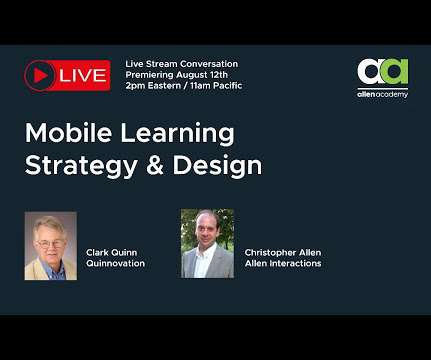




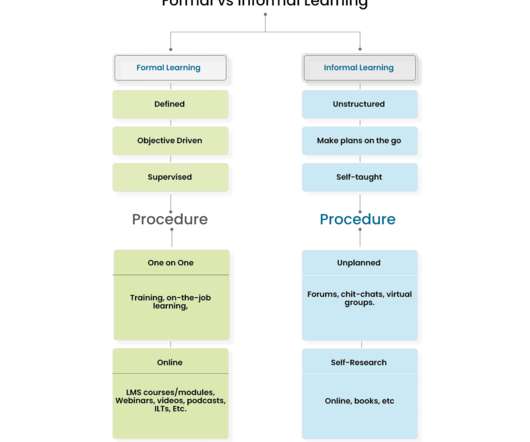








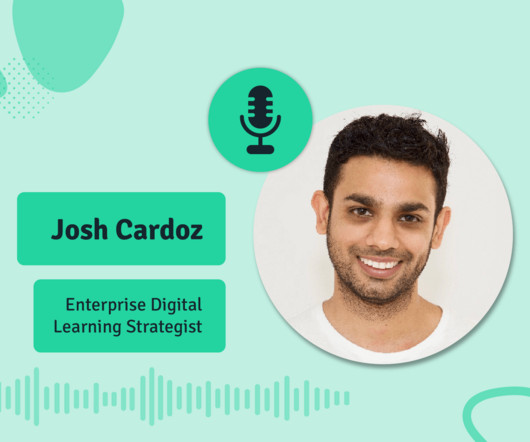
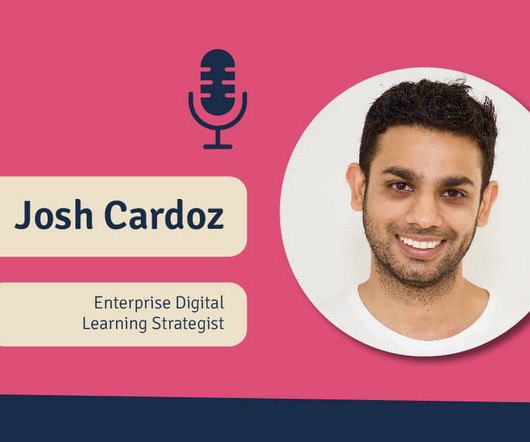
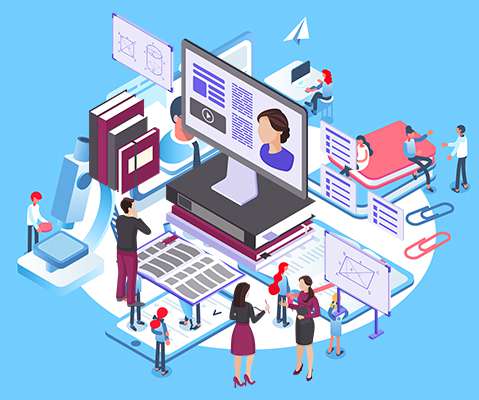

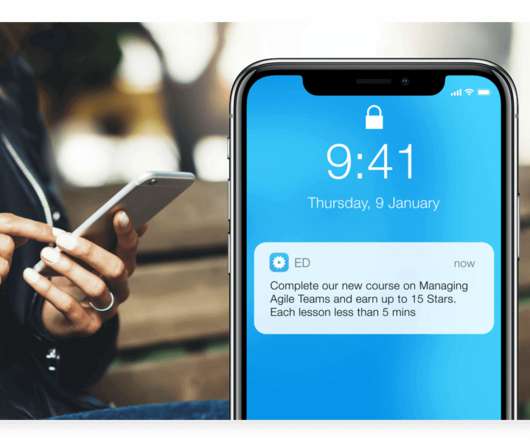




























Let's personalize your content